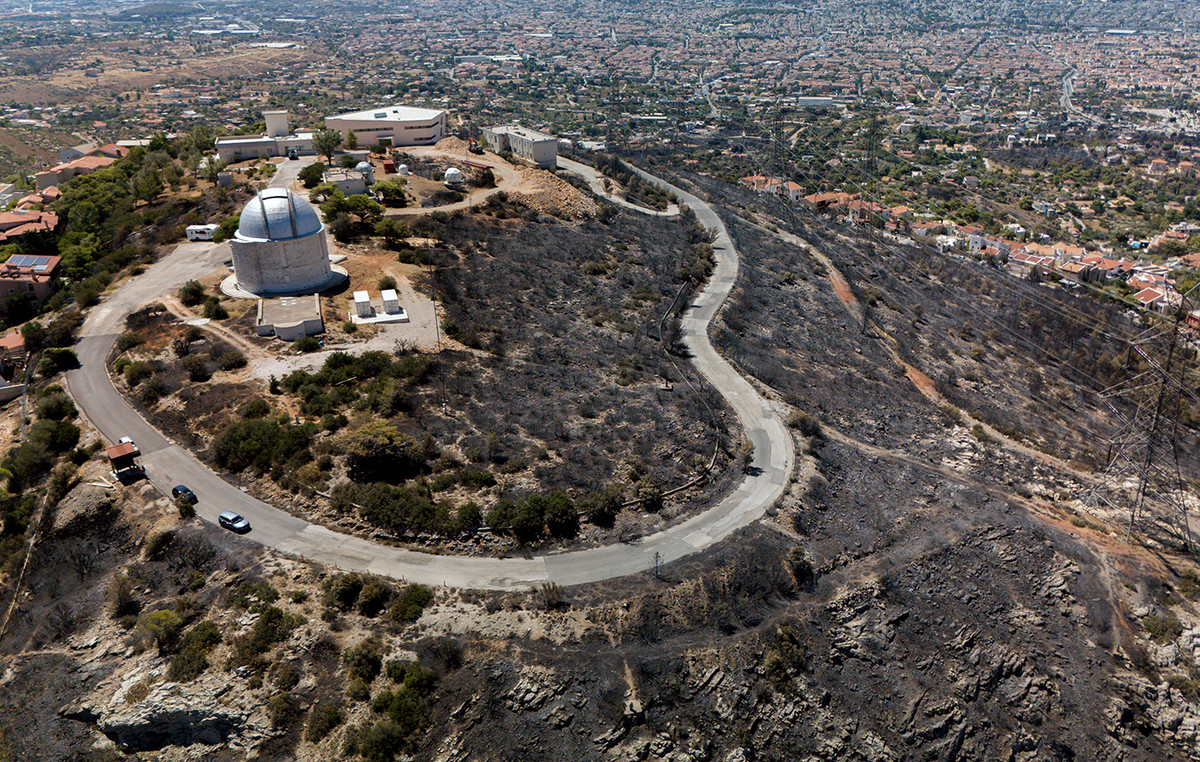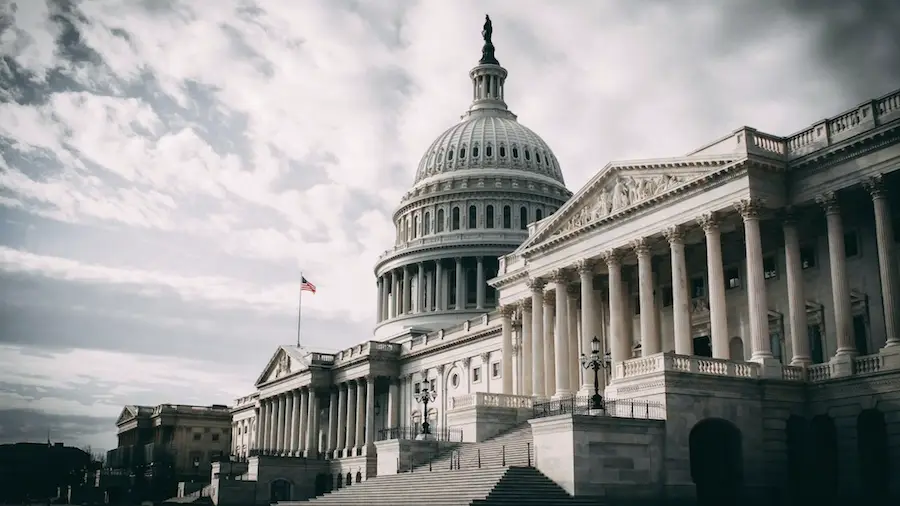The National Health Surveillance Agency (Anvisa) authorized the use of Covid-19 self-tests in Brazil on January 28. With approval, the sale of exams by pharmacies and licensed health establishments is allowed to market medical devices.
However, the commercialization, distribution and use in the country depend on registration with Anvisa. The request must be made by the companies producing the exams. So far, 13 days after approval, Anvisa has not yet granted any Covid-19 self-test record.
According to the information panel provided by the agency, with permanent updates, 53 registration requests were received. Of these, nine were denied registration, including tests by companies Okay Technology, MedLevensohn, LMG Lasers, Nutriex (2 tests), Hi Technologies, QR Consulting, Diagmaster Científica and Argoslab. For another six requests, additional information was requested by the manufacturers for analysis and decision.
For the other registration requests, one has been analyzed and is awaiting publication in the Official Federal Gazette (DOU) – the result, granted or rejected, is published in the DOU. Another four requests are being analyzed by the technical area (with the need to present data by the manufacturer or importer) and 33 have already been distributed to the technical area and are awaiting the beginning of the analysis.
Documentation received from companies in the product registration request is also sent to the National Institute for Quality Control in Health (INCQS), of the Oswaldo Cruz Foundation (Fiocruz), which also participates in the technical analysis.
At INCQS, self-tests undergo evaluations to confirm performance, independently. According to Anvisa, minimum sensitivity and specificity of 80% and 97% are requiredrespectively.
What does Anvisa say?
THE CNN contacted Anvisa to inquire about the reasons for the denial of registration requests.
In a note, Anvisa reported that “The requests were denied due to the lack of studies and complete documents on the products that requested authorization. Companies have already been informed via Electronic Letter of the necessary adjustment points for each product before a new submission can be made”.
Registration requirements
Among the requirements to grant the registration, Anvisa determines that the products must present instructions for use, storage and disposal. The information must have simple language and illustrations, to facilitate handling and interpretation of the result.
Regarding the packaging, Anvisa’s guidelines state that the external label of the product must contain all the components of the kit that are necessary to perform the test, in addition to the validity of the device.
In addition, the manufacturer must offer a service channel to the user to guide and forward the demands on the use of the product and how to proceed after obtaining the result.
According to Anvisa, in addition to providing the contact for this service, the company must indicate the Dial Saúde service of the Ministry of Health, in accordance with the recommendations of the National Testing Expansion Plan for Covid-19, the PNE-Teste.
What companies say
THE CNN also contacted the manufacturing companies that had their registration application denied or that were asked to submit additional data for analysis.
THE QR Consulting stated in a note that the process data are confidential, relevant only to the manufacturer, the importer and Anvisa. “This is a normal process, Anvisa, whenever necessary, asks for additional information from importers or manufacturers. We understand that this is Anvisa’s role as a regulatory body”, says the text.
already the Kovalent stated that “the processes have fallen into demand because they are awaiting analysis of the kits by the INCQS, in the process of prior analysis, according to RDC 595/2022”.
THE MedLevensohn informed that it will only be able to send a position in the next week.
We did not receive a response from the other companies until the closing of the report.
Guidelines from the Ministry of Health in the face of the diagnosis of Covid-19
After commercialization, the self-tests must be monitored by the Notification and Investigation System in Sanitary Surveillance, Vigipós.
According to Anvisa, the surveillance action after marketing is the responsibility of the manufacturer that holds the registration. Actions include monitoring technical complaints and adverse events and recalling the product when determined by Anvisa or if there are indications that the device does not meet quality, safety and performance requirements.
Anvisa also defines that the retail sector should notify adverse events and technical complaints in the Health Surveillance Notification System, Notivisa.
Source: CNN Brasil







